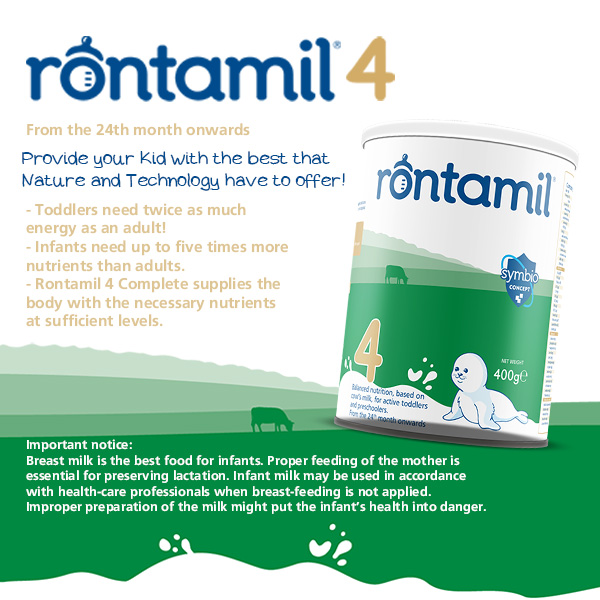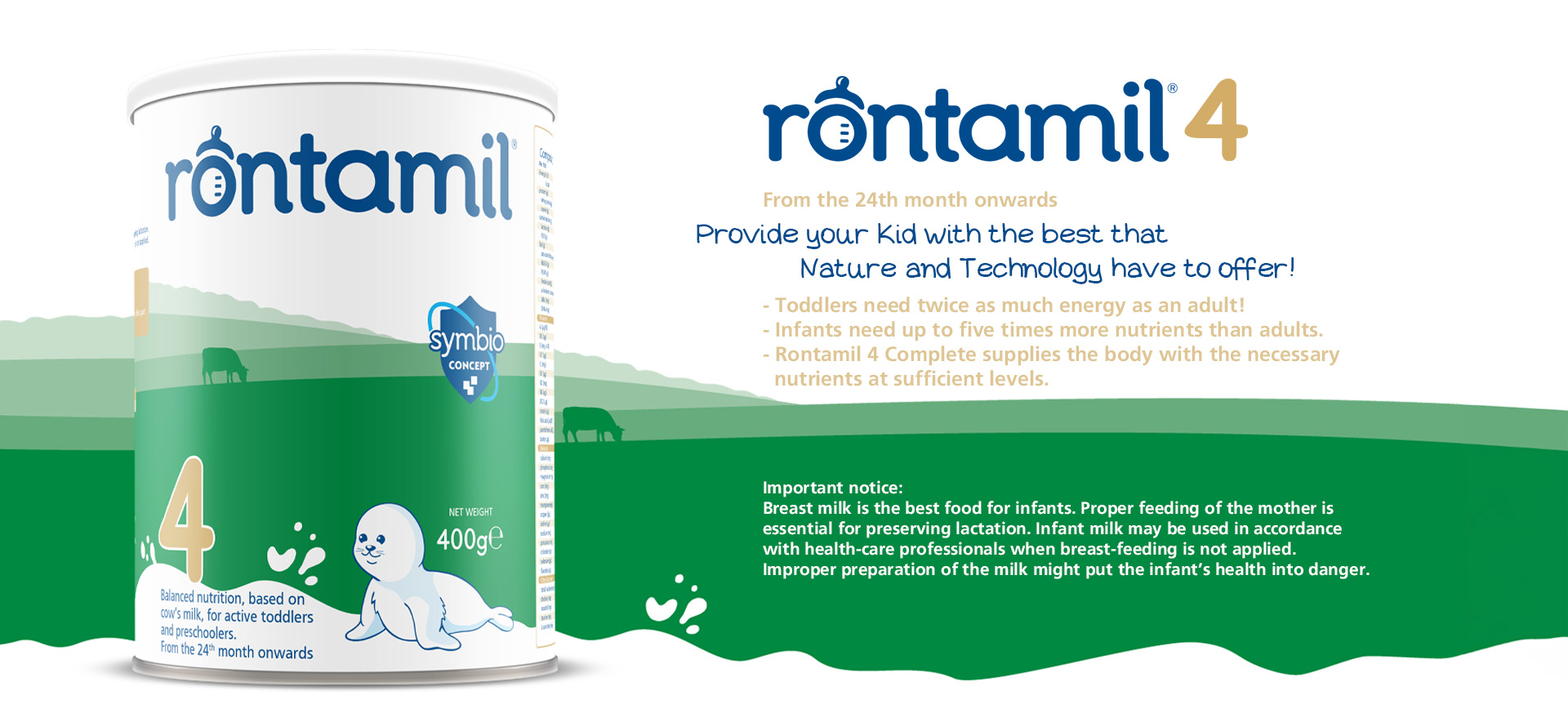Brain health is a key factor for physical health and overall healthy ageing
1. Brain and cognitive health are directly linked to physical vitality
Emotional and mental vitality are closely tied to physical wellbeing, therefore it is crucial to maintain brain health. But with increasing age, brain function declines.
Nutrition: enteral nutrition for the preterm infant
This clinical guideline from Great Ormond Street Hospital (GOSH) discusses nutritional requirements for preterm infants receiving enteral nutrition. It does not give guidance on the prescription of parenteral nutrition (PN). Definitions relating to prematurity and birthweight Prematurity • Preterm: birth date before 37 completed weeks gestation. Gestational age: time elapsed between the first day of […]
European Guidelines for Feeding Preterm Infants
What are the ESPGHAN nutritional guidelines? The European Society for Paediatric Gastroenterology, Hepatology and Nutrition (ESPGHAN) is a multi-professional organization set up to promote the health of children. ESPGHAN’s nutritional guidelines offer comprehensive and practical advice on the feeding of preterm infants1. Their goal is to ensure that infants who are born prematurely receive all […]
What is Baby-Led Weaning?
How to Help Your Infant Feed Themselves Hands off, mama! With baby-led weaning, your kid is in charge. It might be the best thing to happen in the highchair since the invention of the bib. Here are some tips for baby-led weaning success. Popularized in the U.K. with the publication of Baby-Led Weaning, by Gill […]
2 Things to Know About Baby Cereal Nutrition
Many pediatricians agree that baby cereal is an ideal first food. Here is what you should know about the mushy, soft, iron-fortified product. When your pediatrician gives you the go-ahead to introduce solids to your baby, usually around 4-6 months, one of the most popular first foods is baby cereal. These mushy, soft concoctions can […]
Nutritional requirements for pregnant women
A pregnant woman’s body goes through lots of physical and hormonal changes during pregnancy. To fuel herself and her growing baby, she will need to make great food choices from a variety of sources. Eating a healthy, balanced diet will help her feel good and provide everything she and her baby needs. The food she […]
Synbiotics in infant nutrition
Breast milk is considered as the most ideal food throughout infancy, providing vital nutrients not only to infants themselves, but also to beneficial microbes that inhabit their gastrointestinal tract. These complexed microbial communities that harbor infant gut consist the so-called gut microbiota. Recent studies on intestinal microbes have demonstrated that the microbial ecosystem within the […]
Development milestones associated to food intake
Infant Developmental Skills Mouth Patterns Hand and Body Skills Feeding Abilities birth – 3 months Has tongue thrust, rooting, and gag reflex Begins to babble Needs head support Brings hands to the mouth Coordinates the suck-swallow-breathe action while breast or bottle feeding 4 – 7 months Transfers food from front to back of the […]
Parents please remember
Observe and be sensitive to the infant’s hunger, satiety, and food preferences and act promptly and appropriately to meet their feeding needs. Each infant develops feeding skills at his/her own rate. Consider the infant’s developmental capabilities and nutritional needs when deciding the type, amount, and texture of food and the method of feeding. Offer food […]
Development milestones associated to food intake
Infants are able to distinguish between sweet and bitter tastes and have innate, evolutionary driven preferences for sweet and salty tastes. In situations in which energy and mineral-dense foods were scarce, these preferences would have been advantageous…
Development milestones associated to food intake
As infants mature, they gain the skills necessary to progress from eating strained complementary foods from a spoon to feeding themselves finger foods and eventually begin to feed themselves with a spoon. The development of skills follows a sequential…
Development milestones associated to food intake
The type and texture of foods to feed and which feeding styles to use are determined by the infant’s developmental readiness. The rate at which an infant progresses to each new food texture and feeding style is determined by the infant’s own skills and attitudes. Infants always do better if they are allowed to develop […]
Colic
Infantile colic is one of the major challenges of parenthood. It is one of the common reasons parents seek medical advice during their child’s first 3 months of life. Colic is defined as paroxysms of crying starting suddenly and for no apparent reason, fussing or irritability and affects infants less than 5 months old. The […]


























